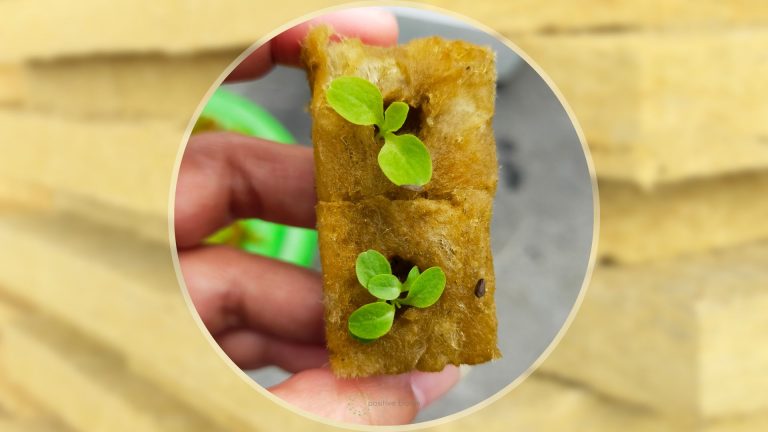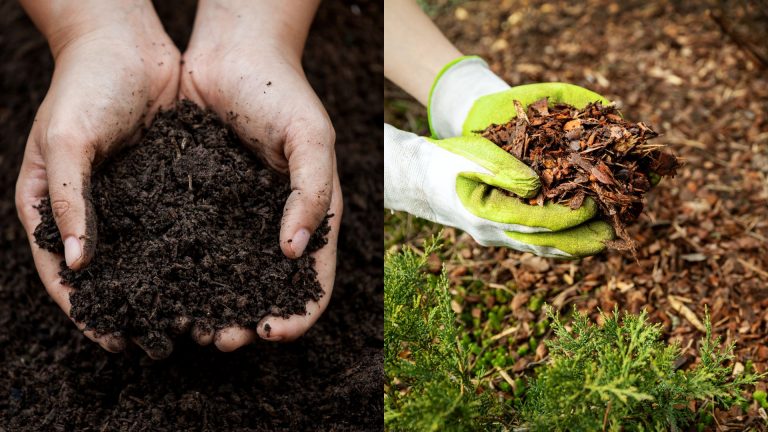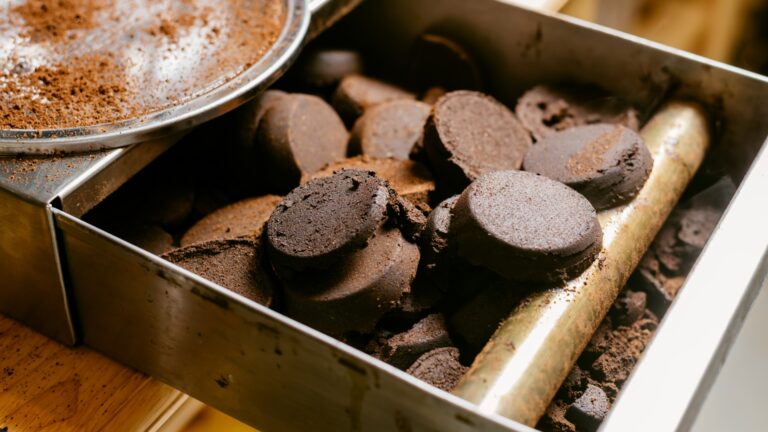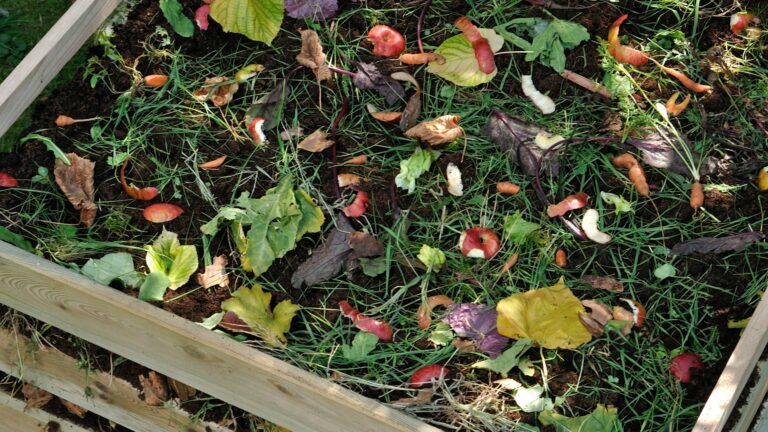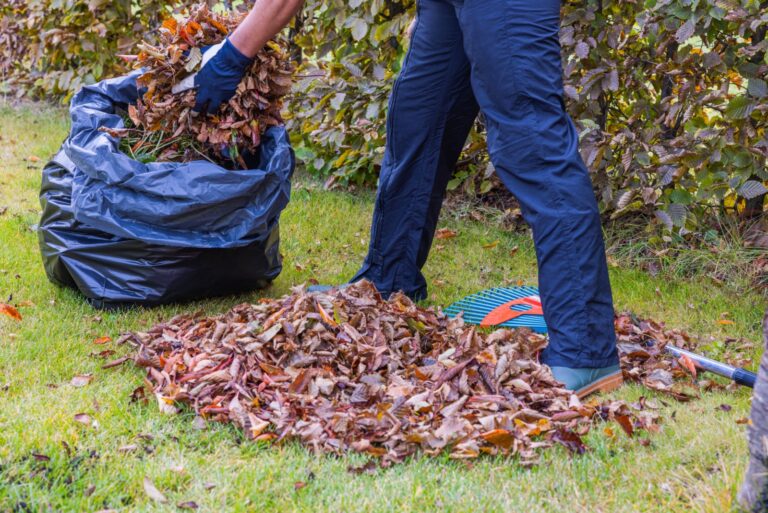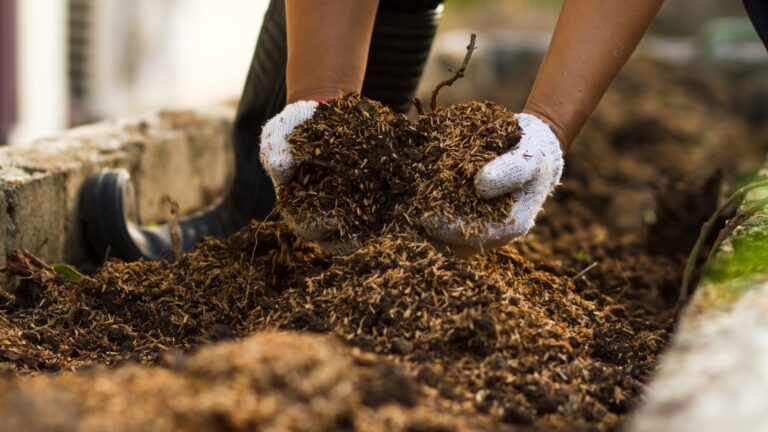7 Things Michigan Gardeners Should Add To Soil Before Winter
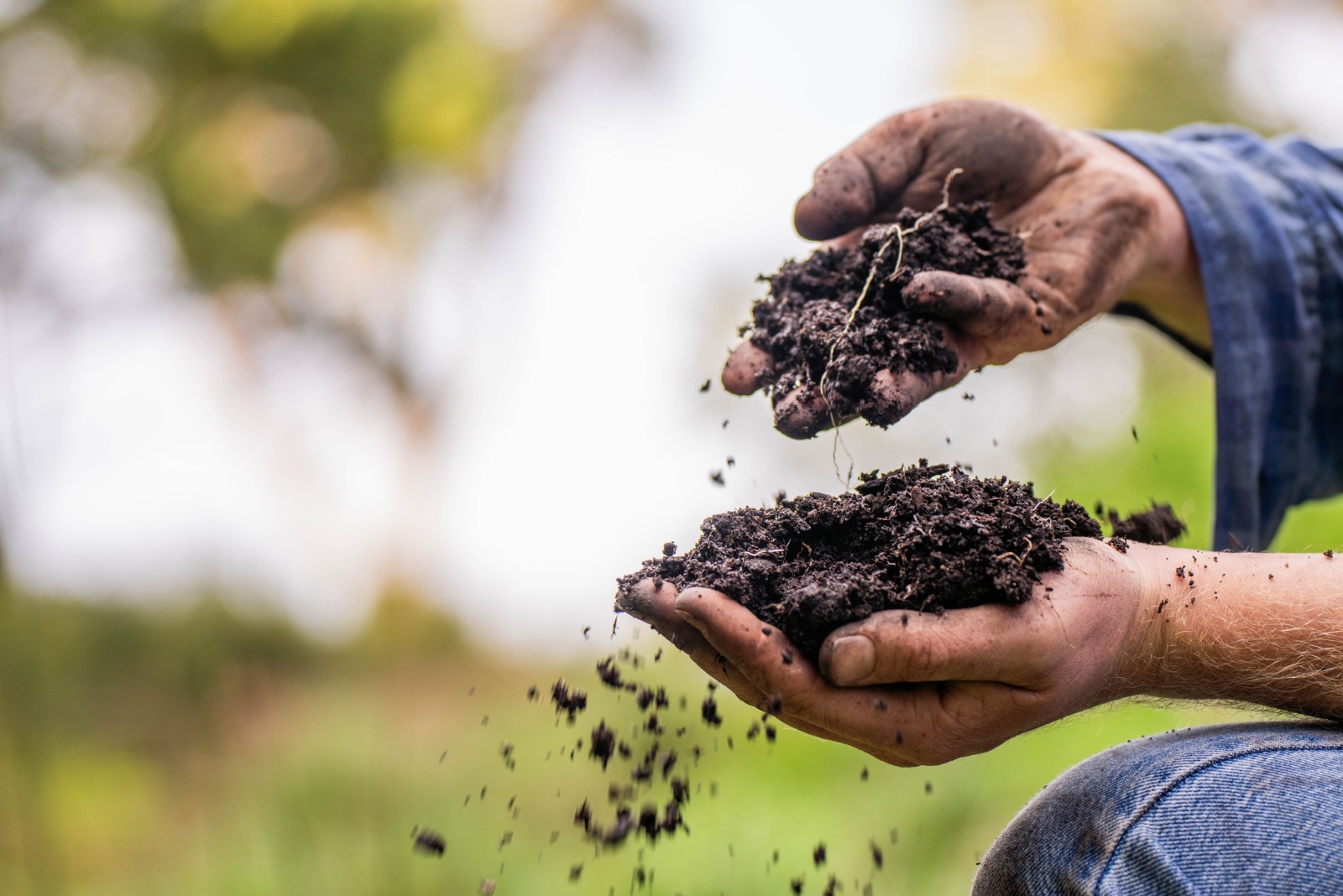
Michigan winters can be tough on garden soil, but smart gardeners know that fall is the perfect time to prep for spring success.
Adding the right materials before the ground freezes helps improve soil structure, boosts nutrients, and protects beneficial organisms during the cold months. Getting your soil ready now means healthier plants and bigger harvests when warm weather returns.
1. Compost
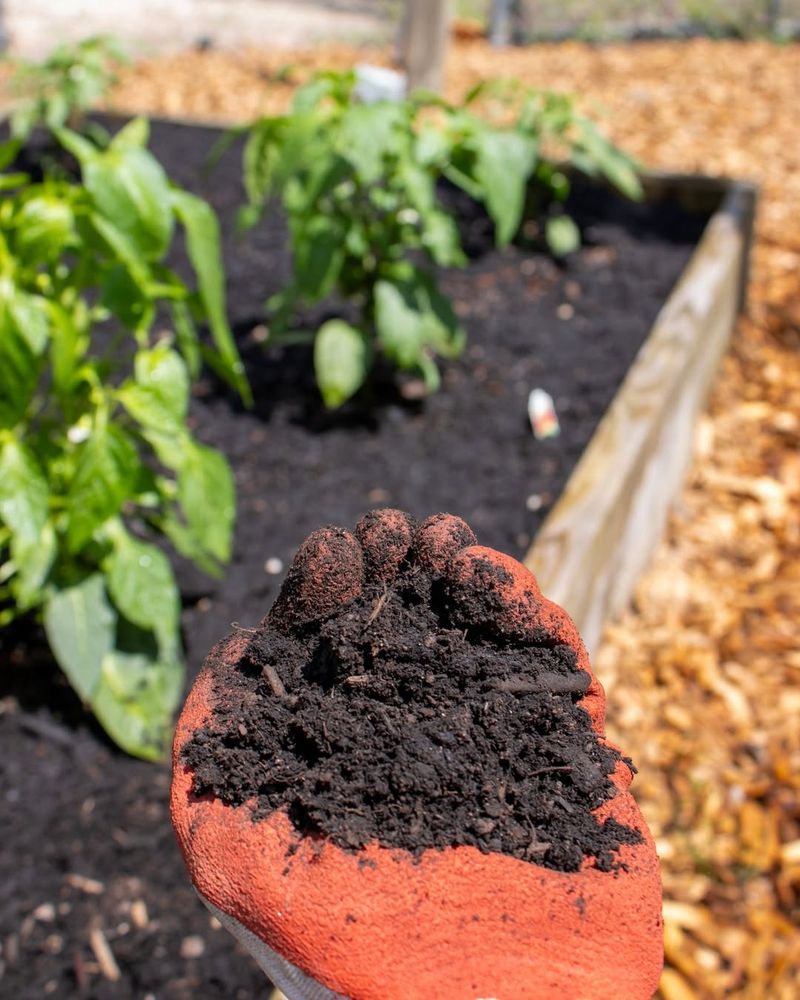
Nothing beats good old-fashioned compost for feeding your soil over winter. Spread a two to three-inch layer across your garden beds, and let nature do the work while you stay cozy indoors.
Microorganisms will slowly break down the organic matter, releasing nutrients that roots can grab come springtime. Compost also improves drainage in clay soils and helps sandy soils hold moisture better.
Your plants will thank you with stronger growth and better disease resistance next season.
2. Aged Manure
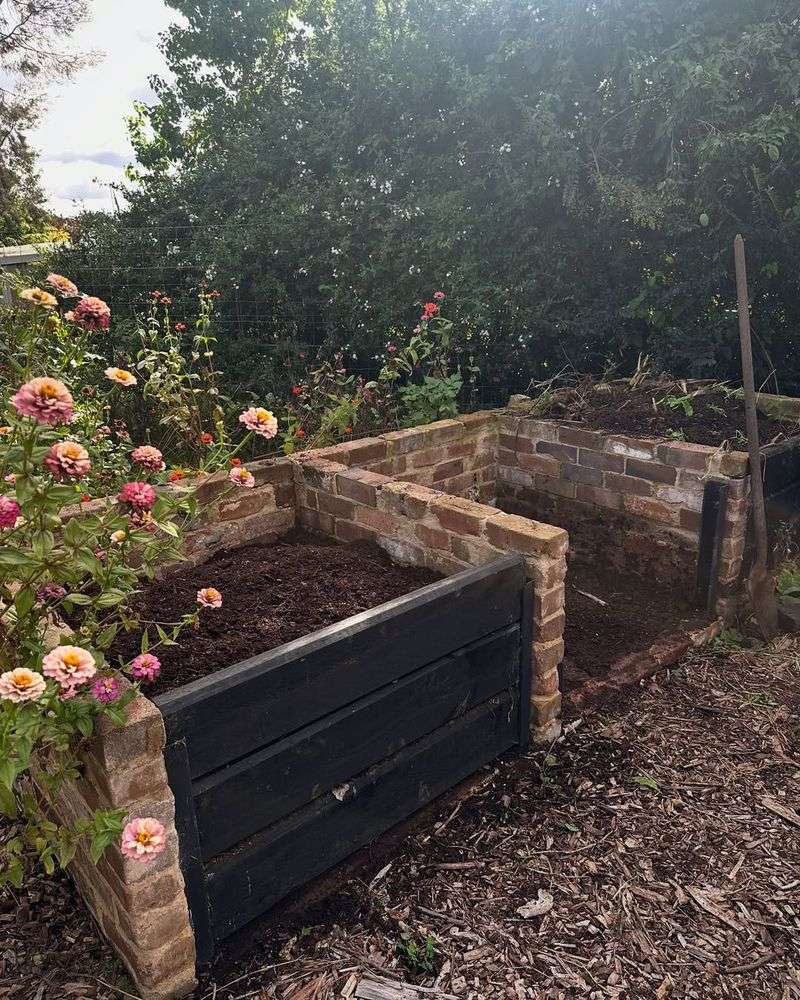
Aged manure from cows, horses, or chickens packs a serious nutritional punch for tired Michigan garden soil. Make sure it has been composted for at least six months to avoid burning plants or introducing harmful bacteria.
Spread a one to two-inch layer and work it gently into the top few inches of soil. Winter rains and snow will gradually wash nutrients down to root level.
By spring, your soil will be loaded with nitrogen, phosphorus, and beneficial microbes ready to fuel vigorous plant growth.
3. Shredded Leaves
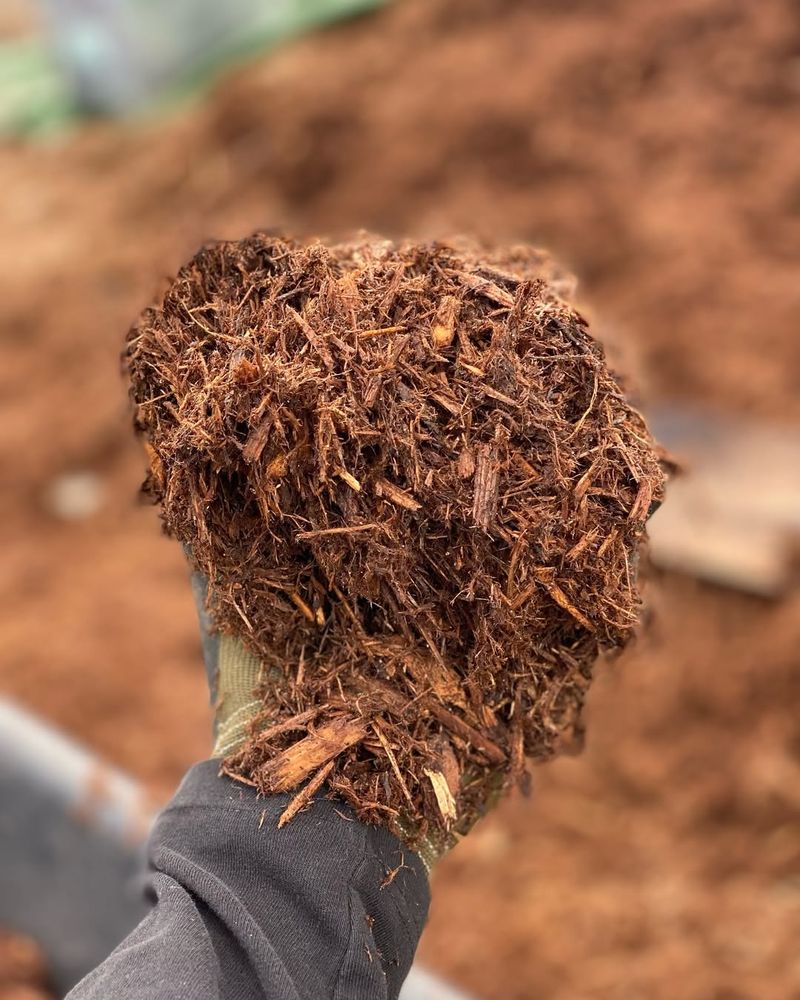
Michigan produces tons of fallen leaves each autumn, and they make fantastic free soil improvement material. Run your mower over them a few times to shred them into smaller pieces that break down faster.
Layer shredded leaves about three to four inches deep over garden beds. They act as insulation, protecting soil from harsh freeze-thaw cycles while slowly decomposing.
Come spring, you can till remaining leaves into the soil, adding valuable organic matter that earthworms absolutely love.
4. Cover Crop Seeds
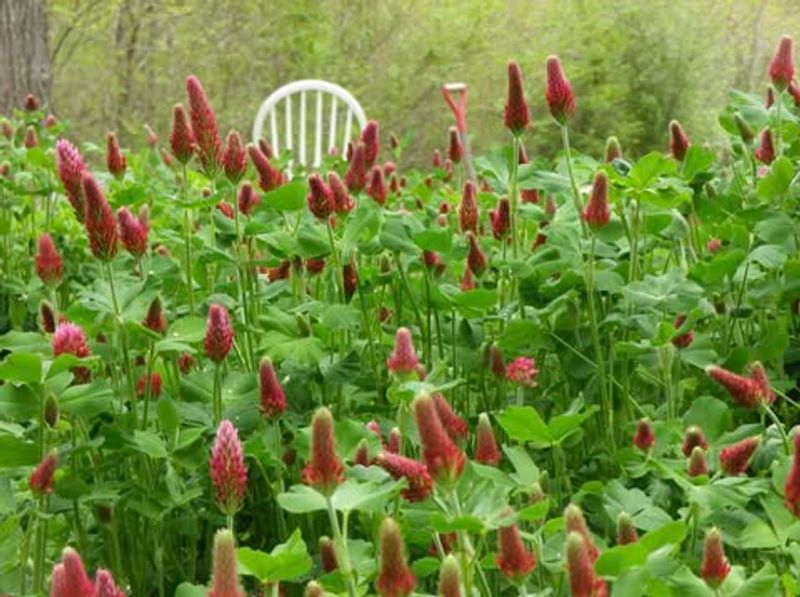
Planting cover crops like winter rye, hairy vetch, or crimson clover keeps your soil alive and working through the cold season. Broadcast seeds over bare Michigan garden beds about four to six weeks before the first hard freeze.
Roots break up compacted soil and prevent erosion from winter storms. Some cover crops even pull nitrogen from the air and store it in the soil.
Cut them down in spring and till them under for an instant green manure boost.
5. Wood Ash
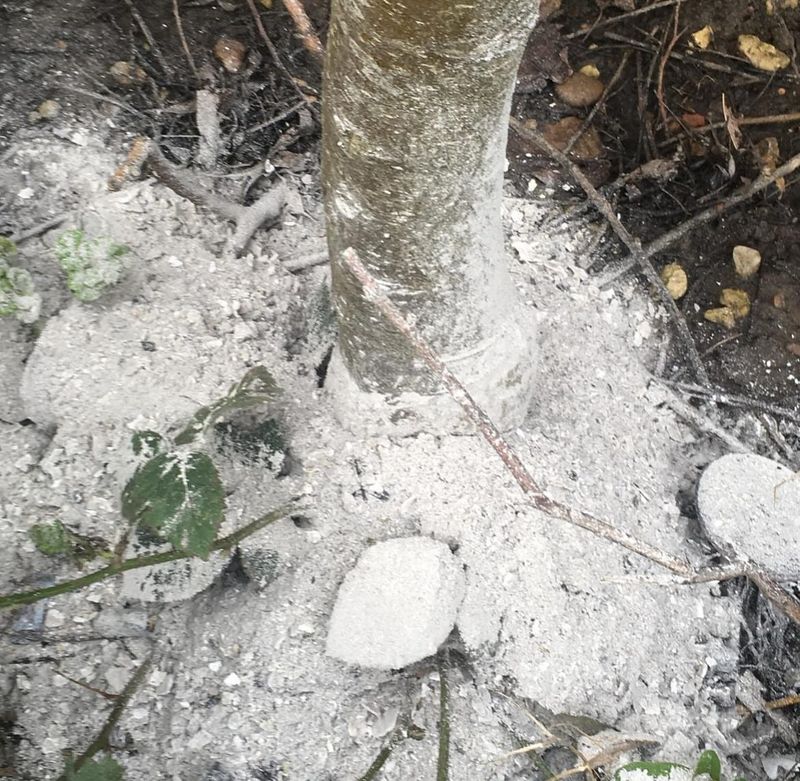
Got a wood-burning fireplace or fire pit? Save those ashes for your garden instead of tossing them out. Wood ash contains potassium, calcium, and other minerals that plants need for strong roots and disease resistance.
Sprinkle a thin layer over acidic soil and rake it in lightly. Avoid using ash from treated lumber or glossy paper, which can contain harmful chemicals.
Too much ash raises soil pH quickly, so use it sparingly and test your Michigan soil first.
6. Bone Meal
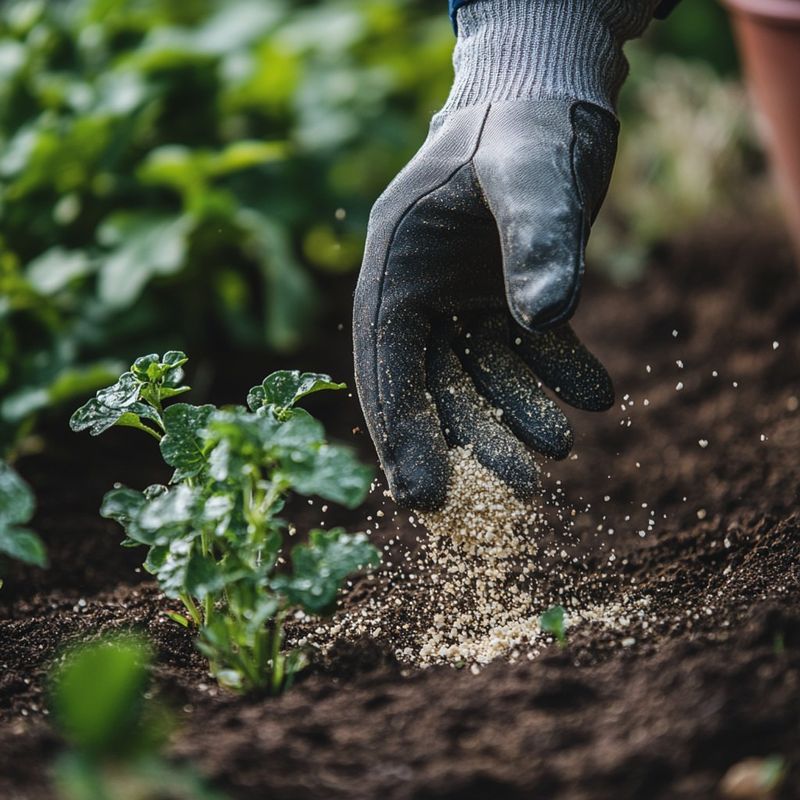
Bone meal delivers a slow-release dose of phosphorus that encourages robust root development and beautiful spring blooms. Sprinkle about one cup per ten square feet of garden space and work it into the top few inches of soil.
Since phosphorus moves slowly through soil, adding it in fall gives it time to settle where roots can reach it. Bone meal also contains calcium, which helps prevent blossom end rot in tomatoes.
Your spring bulbs and perennials will reward you with spectacular flowers.
7. Peat Moss Or Coconut Coir
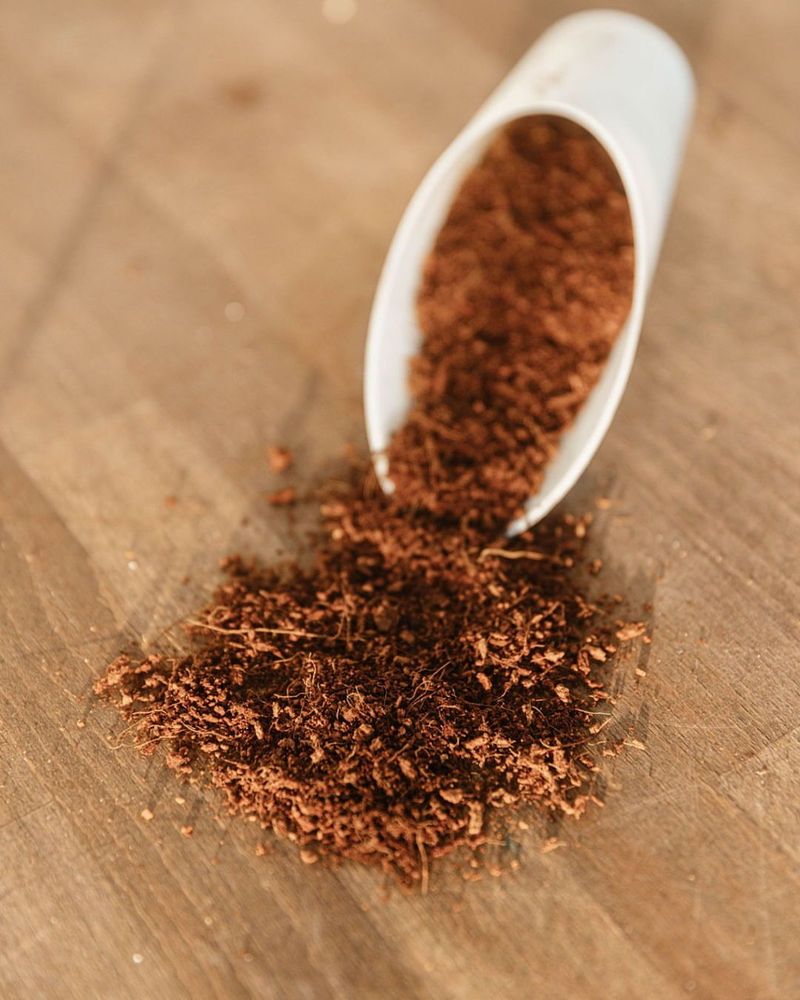
Heavy Michigan clay soil benefits hugely from adding peat moss or coconut coir before winter sets in. Both materials improve soil texture, making it fluffier and easier for roots to penetrate come spring.
Spread a one to two-inch layer and mix it thoroughly into the top six inches of soil. Coconut coir is more environmentally friendly than peat moss and works just as well.
Better soil structure means improved drainage, stronger root systems, and healthier plants that can handle Michigan weather extremes.

